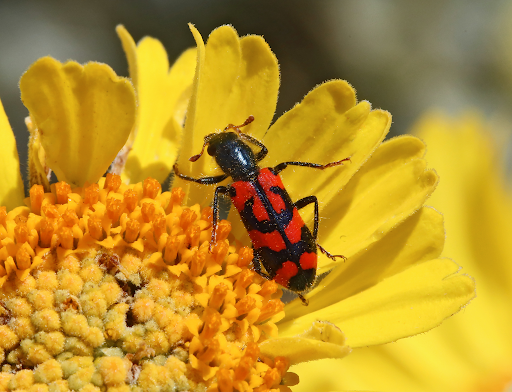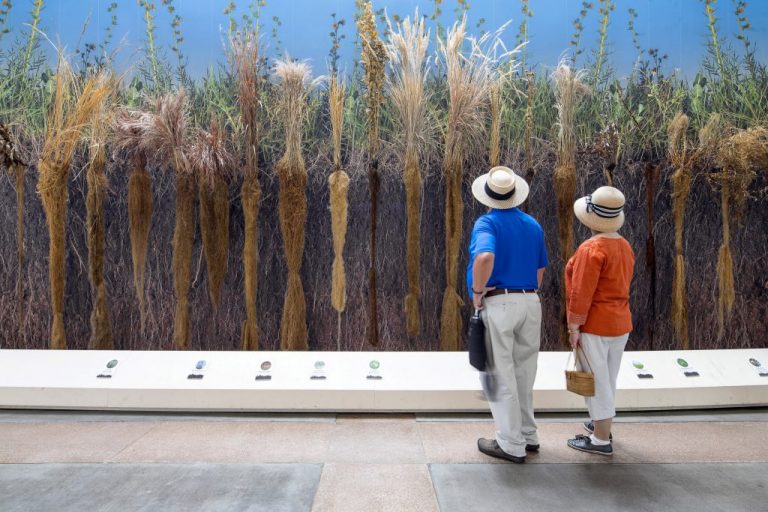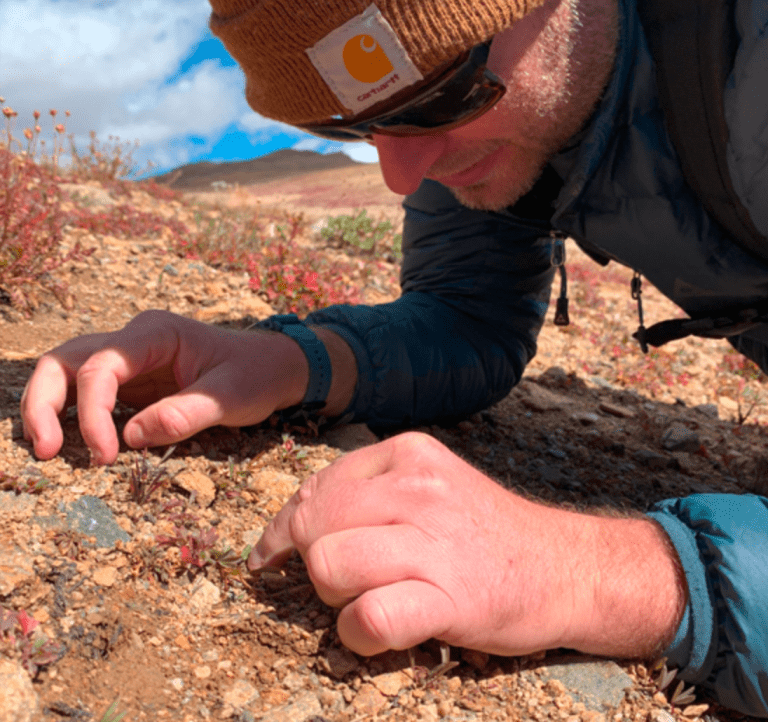On October 15, 2020, Betty Ford Alpine Gardens hosted a timely and thought-provoking discussion on the restoration of the gray wolf to Colorado. The program featured two experts from Colorado State University’s Center for Human-Carnivore Coexistence, Dr. Rebecca Niemiec and Dr. Kevin Crooks. Their insights helped unpack the science, social dimensions, and ecological implications behind one of the most significant wildlife debates in Colorado history.
At the time of the talk, Colorado voters were preparing to weigh in on a ballot initiative that would require state agencies to reintroduce gray wolves to designated lands west of the Continental Divide by December 31, 2023. With so much attention on the issue, the event provided a chance to step back and ask: What does the science really tell us about wolves and coexistence?
The Ecological Role of Wolves
Dr. Kevin Crooks, whose career has centered on the ecology and conservation of carnivores, opened with the ecological importance of wolves. As apex predators, wolves play a keystone role in shaping ecosystems. By preying on species such as elk and deer, they influence population dynamics and behaviors that cascade throughout the food web.
Research from other parts of the West has shown that wolf presence can reduce over-browsing of vegetation along rivers and valleys, which in turn benefits birds, beavers, and fish habitats. While results vary by region, the broader message is clear: wolves help restore balance to ecosystems altered by decades without top predators.
Dr. Crooks emphasized, however, that reintroduction is not a simple ecological “fix.” Colorado’s landscapes have changed significantly since wolves last roamed freely, and how they interact with today’s environments and human activities remains a question science continues to study.
Human Perspectives and Coexistence
While the ecological arguments for wolves are strong, Dr. Rebecca Niemiec reminded attendees that successful conservation is as much about people as it is about wildlife. Her research focuses on conservation psychology—understanding how communities perceive and respond to conservation actions.
Dr. Niemiec highlighted that attitudes toward wolf reintroduction in Colorado vary widely. Surveys suggest that urban residents often support wolf restoration, seeing it as a way to bring back an iconic species. Rural residents, particularly ranchers and landowners, may be more concerned about potential livestock losses, personal safety, or added management costs.
Building coexistence, she argued, requires listening to all perspectives and engaging communities in meaningful dialogue. Outreach and education programs, along with compensation systems for livestock losses, are critical tools for ensuring that reintroduction does not deepen divides between rural and urban Coloradans.
Science and Society Intertwined
One of the key takeaways from the event was the recognition that science alone does not determine conservation outcomes. While ecological research shows wolves can have positive ecosystem impacts, the decision to reintroduce them is ultimately a social one. Voters, not scientists, would decide through the ballot measure whether Colorado would take this step.
Drs. Niemiec and Crooks stressed that combining ecological knowledge with social science insights gives us the best chance of success. By grounding decisions in both research and community engagement, Colorado can navigate the complexities of restoring wolves in a way that benefits both people and nature.
Looking Forward
As the evening closed, attendees left with a richer understanding of what wolf reintroduction could mean for Colorado. For some, it represented an exciting ecological restoration project—an opportunity to bring back a species missing for generations. For others, it raised valid concerns about coexistence and livelihoods.
What was clear from the discussion is that the wolf debate is not simply about an animal—it is about values, identity, and how Coloradans envision their shared future with wildlife. Science provides critical guidance, but the path forward requires respect, dialogue, and a willingness to work together across different perspectives.
The event captured the spirit of what Betty Ford Alpine Gardens seeks to offer through its programs: a place where science, conservation, and community come together to deepen our understanding of the natural world and our role within it.





